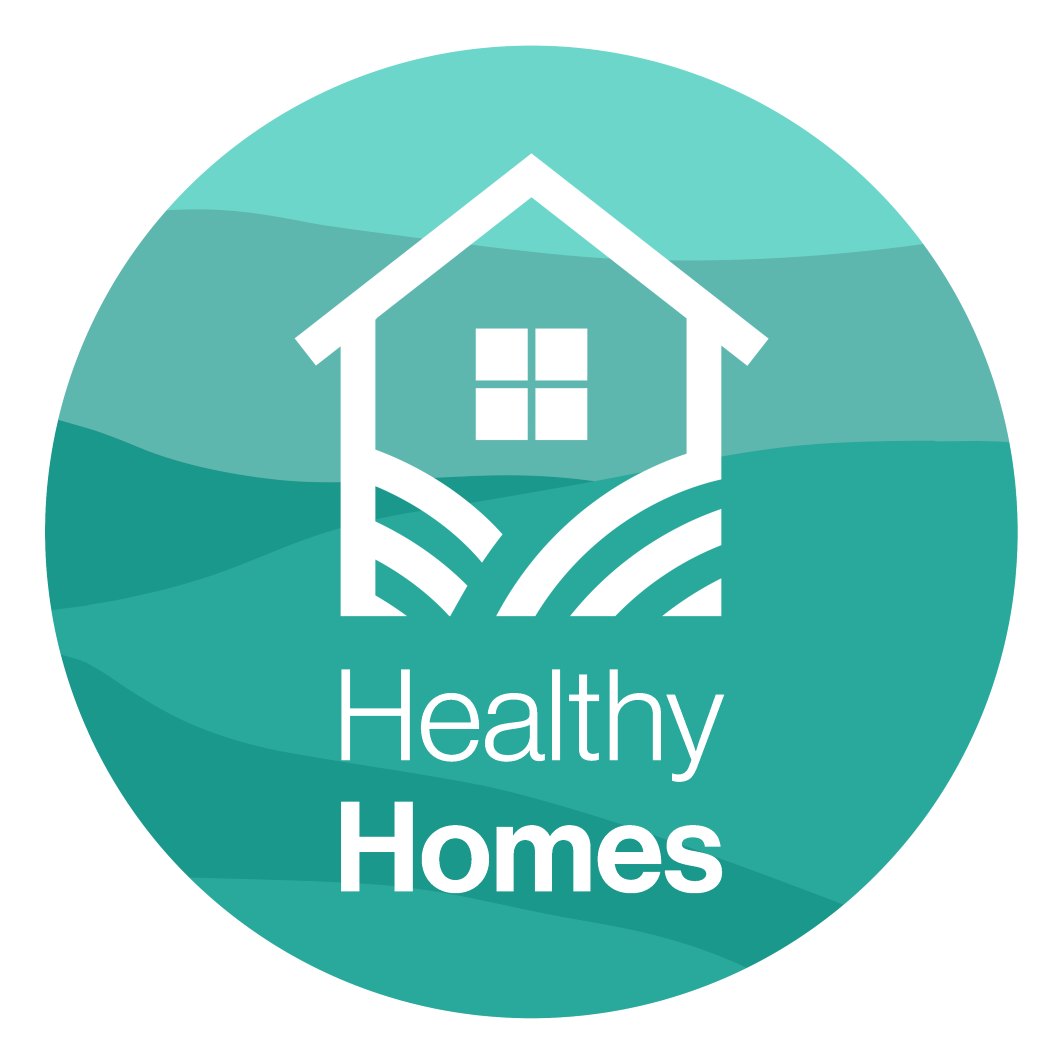Housing, Health and Safety Rating System (HHSRS) guide
What is HHSRS?
The Housing, Health and Safety Rating System, or HHSRS for short, is the legal system for rating how healthy and safe houses are.
Environmental Health Officers at Westmorland and Furness Council do housing inspections using HHSRS to gauge the condition of a property, any hazards, and how risks impact health and wellbeing to occupiers and visitors.
This also helps show how landlords and property managers can reduce hazards as much as possible. It also helps satisfy one of the tenant's rights: the property they live in must be safe, healthy, and well-maintained.
If a property is found to be in bad disrepair, improvements must be made.
If you prefer, you can download the information on this page as a PDF:
How the HHSRS works
HHSRS lists 29 hazards that can be found in homes, ranging from excess cold, damp and mould growth, to structural collapse. As part of the assessment, an officer must look for and rate each one.
The assessment has two parts: considering the likelihood of a hazard, and then the potential harm that hazard can have.
The officer classes each hazard as either Category 1 or Category 2. A Category 1 hazard means there is a very real and immediate risk to health and safety, and the officer must act. Category 2 hazards are less serious, but these risks still require attention and repair.
As part of managing your properties, it is your responsibility to ensure that hazards are not present, or, they are a very low risk according to HHSRS.
It is worth self-assessing your properties every year to ensure its state of repair is suitable for your tenants. It also means that repairs are less expensive when you catch them early.
You can use this guide to familiarise yourself with HHSRS, and carry out your own property checks so you know what inspectors will look for.
This page is designed as a brief guide to HHSRS, not as a full statement of housing law and should not be used as such.
The 29 HHSRS hazards
The hazards listed include risks to physical health, mental and social wellbeing that any issues or disrepair may cause. As part of the assessment, all parts of the property are considered, including access paths, outbuildings, and any exterior space as well as the interior.
Addressing hazards
The Housing Act 2004 requires the council to act where houses are in such disrepair that they pose significant risks to occupants and visitors.
When Category 1 and Category 2 hazards are found, there are a number of actions the council can take:
Hazard Awareness Notices
Hazard Awareness Notices are usually one of the first actions taken for problems that require improvement or repair, depending on the severity of the hazards.
Improvement Notices
An improvement notice outlines what hazards must be addressed, and gives a certain time frame in which repair works must be carried out. If repairs are not made within the given period, this becomes an offence.
The council may choose to carry out these repairs and recover the cost to the landlord if the notice is not complied with. An improvement notice can be suspended until a time or the occurrence of an event.
Prohibition Orders
A prohibition order can forbid use of some or all of the dwelling for one or all purposes, depending on the severity and nature of the hazard(s).
Demolition Orders and Clearance Areas
Demolition orders and clearance areas are reserved for the most significant of health risks stemming from major disrepair of a property.
Emergency Remedial Action
Emergency remedial action is taken when hazards pose an imminent risk of serious harm. The council does not have to give notice to the owner of the property before taking steps to remove the immediate risk.
Emergency Prohibition Order
An emergency prohibition order forbids the use of parts or all of the property. Unlike a normal Prohibition Order, this is effective immediately. It is put into place when there is an imminent risk of serious harm.
Lodging an appeal
We encourage you to work with us and reach out when there is an issue.
However, you can appeal against certain action taken to the First Tier Tribunal (FTT), within the Property Chamber – Residential Property. Information on how to appeal will be included on the notice that you receive, if it is applicable.
Supplementary Regulations
Alongside HHSRS, there are other regulations that closely link to the hazard scoring system.
These include:
- The Smoke and Carbon Monoxide Alarm (Amendment) Regulations 2022
- Electrical Safety Standards in the Private Rented Sector (England) Regulations 2020
- The Energy Efficiency (Private Rented Property) (England and Wales) Regulations 2015 (MEES)
- The Housing and Planning Act 2016
It’s a good idea to keep up with proposed legislation changes to see how they may affect your properties.
New Private Sector Housing Enforcement Policy
The new Westmorland and Furness Private Sector Housing Enforcement Policy aligns the legacy councils' processes into one consistent approach. It makes requirements clearer, and outlines the processes that have to be taken where enforcement is needed.
Contact the team
If you have any questions about HHSRS, an inspection, or you would like some advice, please don’t hesitate to contact the team and we'd be happy to help
Damp and mould guide
Reduce moisture in your home to stop damp and prevent mould, learn the different types of damp, and how to remove mould
